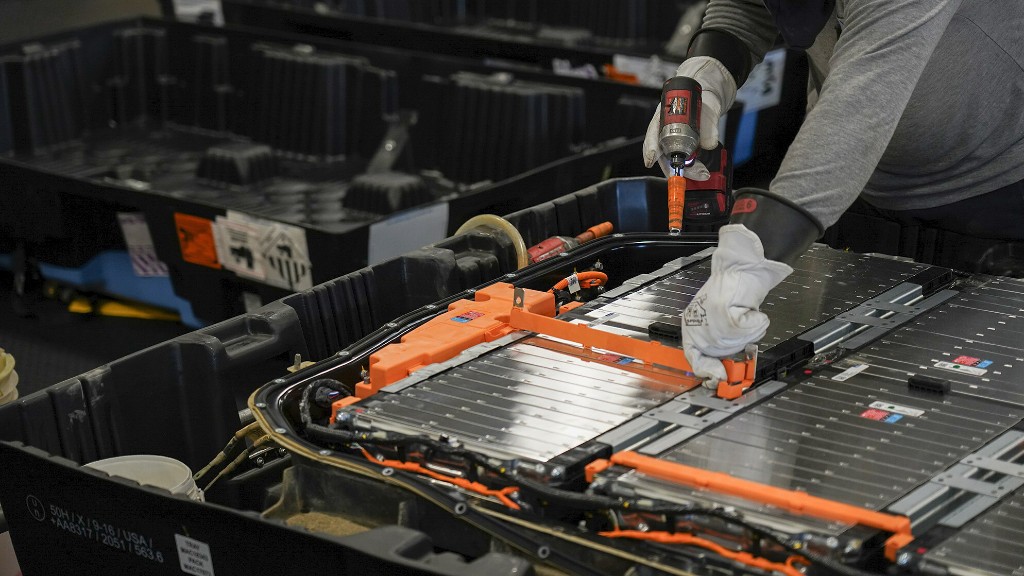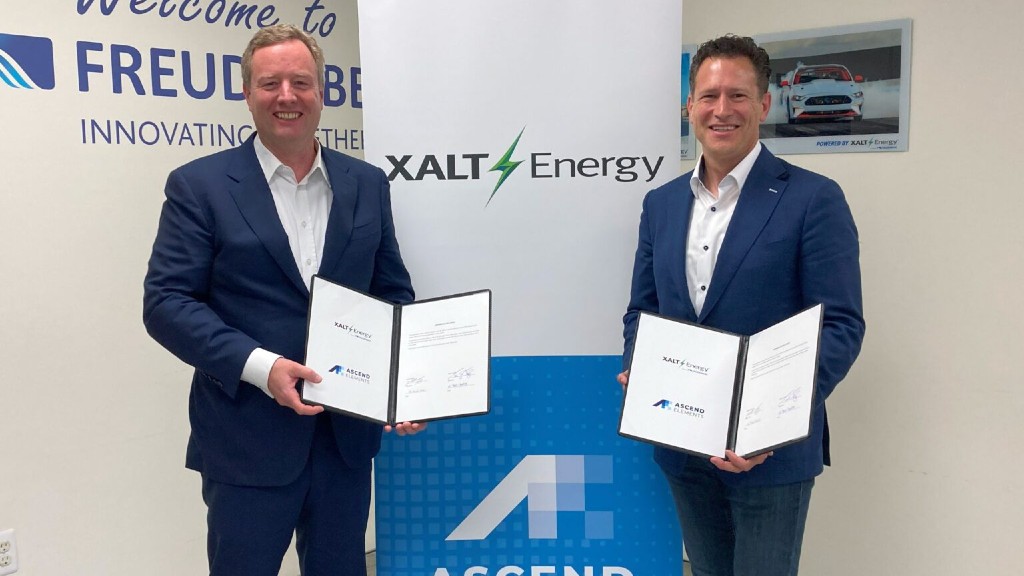Cirba Solutions helps expand Toyota’s U.S. battery recycling network to a nationwide program

Toyota Motor North America is expanding its battery recycling network with a new collaboration with Cirba Solutions. The agreement enhances Toyota and Cirba Solutions' relationship by expanding Toyota's battery recycling network and optimizing its logistics network for end-of-life electrified vehicle battery collection, including those from hybrid (HEV), plug-in hybrid (PHEV), and battery electric vehicles (BEV).
"Cirba Solutions' large and well-established transportation and recycling network ensures Toyota has nationwide battery collection and recycling to reduce both our costs as well as our operational carbon footprint," said Christopher Yang, group vice president of business development at Toyota Motor North America. "This moves us closer to our ultimate goal of creating a sustainable, closed-loop ecosystem for our automotive batteries."
Cirba Solutions has extensive experience along with a collection and recycling network. Toyota's collaboration with Cirba Solutions will focus on the collection, transportation, dismantling, and processing of end-of-life lithium-ion electric vehicle batteries from the Midwest and East Coast. Processing will take place at Cirba Solutions' Lancaster, Ohio facility. This facility will extract critical minerals from scrap and end-of-life batteries with an up to 95 percent recovery rate and then supply battery-grade metals back into the supply chain.
"Our collaboration with Toyota helps move toward a long-term vision of a sustainable closed-loop battery supply chain. With aligned purpose, and Toyota's growing electric vehicle line-up in North America, we are proud to be a partner," said Jay Wago, chief commercial officer at Cirba Solutions.
Toyota currently collects approximately 25,000 used automotive batteries, primarily nickel-metal hydride batteries found in its hybrid electric vehicles, from its dealership network each year. The company expects the number of batteries, particularly end-of-life lithium-ion batteries, to rise as the number of battery electric vehicles it sells increases in the future. Through the agreement with Cirba Solutions, Toyota expects to reduce its overall transportation and logistics costs by at least 70 percent by reducing the average miles driven for collection and recycling from 1,251 to 582 miles, based on 2022 data, and by focusing on the Midwest and East Coast. In some cases, such as the Cincinnati region, the new recycling collaboration should reduce the total mileage driven for these activities by approximately 94 percent. In addition, the company expects that by reducing the number of miles driven for collection and recycling activities, it will be able to make a significant reduction in transportation-related emissions as well.
Toyota has sold more than 6.2 million combined PHEVs and HEVs since 2000. With decades of electrified vehicles in the market, Toyota is focused on how to recycle, remanufacture, or repurpose automotive batteries used in Toyota's electrified vehicles that have reached the end of their life, a number that is set to increase in the coming years. Toyota forecasts that its end-of-life batteries will likely double by 2030.
The company also has a new plant for automotive batteries, Toyota Battery Manufacturing North Carolina (TBMNC), currently under construction which is anticipated to go online in 2025 and has a total announced investment of nearly $14 billion. Originally announced in 2021, the North Carolina facility will have a phased ramp-up for production.




